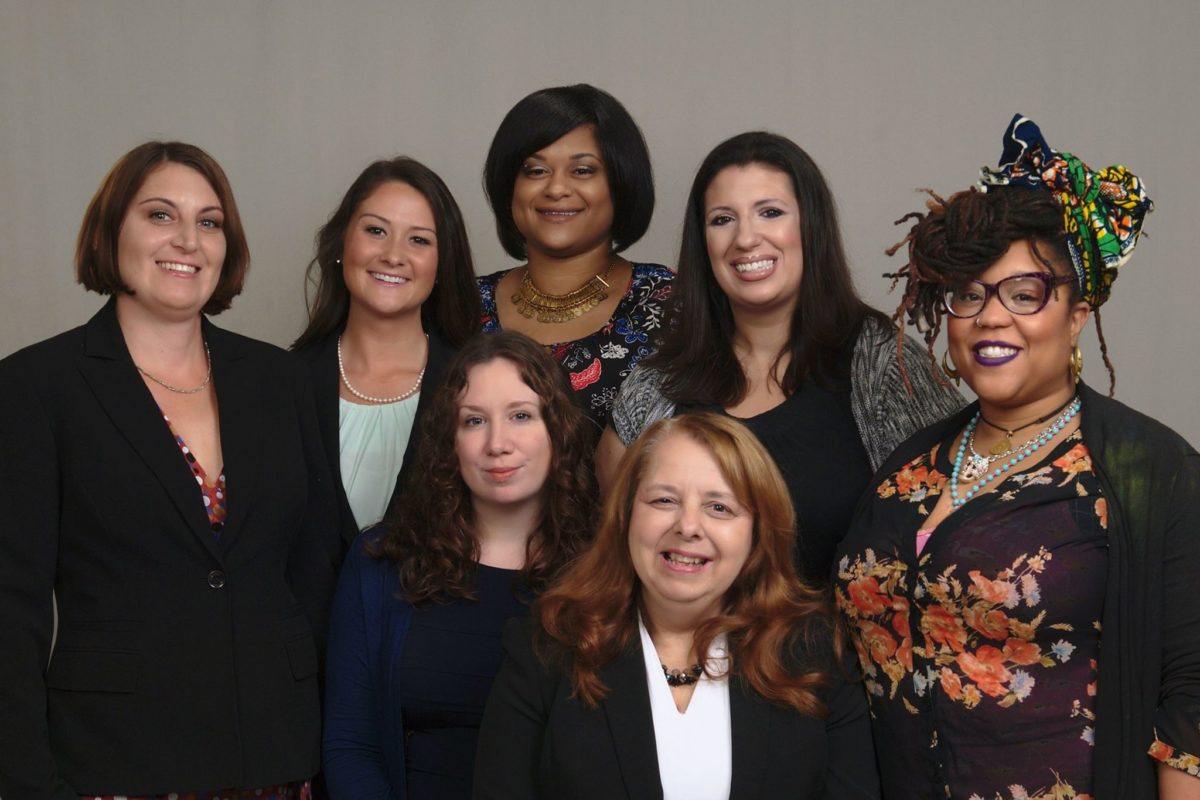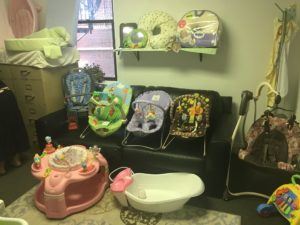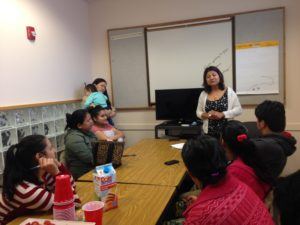
The History of Immigrants in Pittsburgh
Once upon a time in early twentieth century Pittsburgh, Pennsylvania this old industrial city was a polyglot of first generation immigrants from many European countries. In the heyday of the steel and glass industries they flooded the region to find jobs in the mills and factories. Ethnic enclaves formed throughout the hillsides and valleys, preserving the traditions, foods, and languages of the ‘Old Country.’ They were joined a few years later by large numbers of African-Americans who migrated to Pittsburgh from the South.
The collapse of the steel industry in the 1980’s resulted in the out-migration of nearly half a million people. This employment disaster led to many years when few immigrants came to Pittsburgh in search of jobs and a new life.

A New Wave of Immigrants
However, as Pittsburgh has begun to enjoy a new, economic renaissance this scenario has changed. Immigrants are once again coming to the Pittsburgh area to try to forge a new life. Ethnic grocery stores and sidewalk food vendors can now be found in new immigrant communities. The Allegheny County Department of Human Services reported in December, 2014 that the immigrant population had increased significantly in our area. At that time, there were 58,000 legal immigrants in Allegheny County which represented nearly 5% of the population.
These numbers continue to escalate rapidly. Half of the current immigrants have arrived since 2000 including an influx of 6,059 war refugees and religious dissidents from 27 nations seeking sanctuary. One in 14 City of Pittsburgh residents is now born in another country. These numbers do not include undocumented immigrants. A significant number of new immigrants are from Bhutan, Somalia, and Central and South American countries.
Many of the Swahili speaking and Nepali speaking families have come from refugee camps in war torn areas. They arrive with limited funds and struggle to support and raise their children. Anecdotally, we know that some of their babies have suffered from infant mortality and childhood illnesses. We also know that some of the mothers have reported problem pregnancies.
Culturally Responsive Health Education
To help these young parents and their babies, and with the help of Mary’s Pence, the MAYA Organization recently began a series of health education and parenting information classes targeted to immigrant families. Our classes are designed to teach young mothers and fathers about pregnancy, baby care, and good health behaviors that will help them raise healthy children. Lessons include information about many topics including infant safe sleep practices, breastfeeding, Lamaze techniques, and the importance of childhood immunizations. We have also included information on other important health topics such as breast cancer and cervical cancer screening.

Classes are taught in native languages: Spanish, Swahili, and Nepali, and are held in immigrant neighborhoods. Parents who attend are given points that can be cashed in for infant safety equipment including new pack and plays, car seats, strollers, high chairs, diapers, and cribs. For example, a parent who attends our 7 core classes can choose a new car seat or pack and play. If a parent attends 12 classes they can receive a second item of baby equipment. The MAYA Organization also provides bus tickets, and gently used children’s clothing and other baby equipment like strollers and infant swings to participants.
The MAYA staff members just completed a very successful series of these classes for a group of over 20 Nepali speaking mothers and fathers. MAYA partnered with a women’s maternity clinic and a family support center in the Mt. Oliver section of Pittsburgh which is home to many refugee families from Nepal and Bhutan. Half of the mothers were pregnant; the others had children under age one.
We were delighted to use our grant funding from Mary’s Pence to hire Pabitra Sharma as our translator. Pabitra is a registered nurse who works at Pittsburgh’s main maternity hospital. She was born in Bhutan and was able to translate our curriculum for her students. She was also able to personally counsel many of the families about a number of family concerns.
We taught them health information about pregnancy and delivery as well as basic public health and parenting information relating to infant care. We also included presentations about women’s cancer screening and primers on how to obtain health insurance. Many of our students had never had the opportunity to learn about breast care or safe infant sleep and car transport practices. As a result, they were delighted and voiced pleasure with the program.
The class celebrated its last class with a picnic at a local park on July 20, 2018. The picnic was a potluck. Our Nepali families brought delicious foods from their homeland and MAYA staff complemented the luncheon with Italian and other Pittsburgh fare. The young Nepali speaking parents brought their older children as well as grandparents and friends.

What’s Next for MAYA
MAYA is planning a second series of classes for the Nepali speaking families in Mt. Oliver to start in October, 2017.
The MAYA Organization is also in the process of organizing a series of classes for Swahili speaking families from Somalia and Burundi in partnership with the Alliance Church in Pittsburgh. This church already has some services in place for African families and engages a Swahili speaking nurse to assist them. We plan to begin our parenting and baby care classes in October, 2017 at the church. The church will also help our families with childcare and transportation so that mothers and fathers can more easily attend the sessions.
The MAYA Organization is grateful to Mary’s Pence for giving us the resources to serve these new immigrant families. We are delighted that Pittsburgh is, once again, home to first generation families with new, cultural traditions.
*This article was written by Vicki Sirockman, MPH, the program director for MAYA Organization. Vicki’s 40 year career includes past work in the child welfare, adoption, and maternal and child health fields. She helped pass legislation in 2010 that outlawed the shackling of incarcerated pregnant women throughout the state of Pennsylvania. She is also an adoptive mother and the parent of three.
Learn more about Mary’s Pence Grants.
